New Delhi: India’s real estate sector, which began as being dominated by just a few players over 20 years ago, has now expanded to embrace an ever-increasing base of developers who have been given a fillip by investors- both domestic and foreign - who want to stick a finger into India’s realty pie.
But while 2010 witnessed strong sectoral growth and 2011 saw a slight correction in the area, the present year’s outlook does not look as positive as 2010’s strong show.
While urbanisation, which will bring demand for real estate, is inevitable in the long run, present economic conditions pose a serious challenge for the sector in the short term.
The dominating sentiment among speakers at the 8th International Conference on Real Estate held by the Confederation of Indian Industry along with Grant Thornton was that of low investor confidence and economic uncertainty leading to what could be a year of status quo for the sector.
Even as India saw a sluggish start to its economy this year with the country’s GDP expanding by just 5.3 percent in the January-March quarter, the global scenario hasn’t been any better. Both of these factors, in addition to escalation in input costs and controversies over land acquisition, have weakened demand for real estate and made it more challenging for developers to operate within.
“Realty will fare well, though not very well. It looks like there will be a status quo,” said Sanjay Dutt, Executive Managing Director, South Asia, Cushman and Wakefield, when asked about the sector’s outlook for the year.
Chairman and Managing Director of international real estate consultancy firm CBRE, Anshuman Magazine, doesn’t see a huge surge of money coming into the sector immediately.
Even as India saw a sluggish start to its economy this year with the country’s GDP expanding by just 5.3 percent in March, the global scenario hasn’t been any better. Both of these factors in addition to escalation in input costs and controversies over land acquisition have weakened demand for real estate and made it more challenging for developers to operate within.
“The money will come, but it will take time for people to invest. It’s natural - when markets slow down, people are reluctant to invest,” he said, pointing out that despite that India has seen a sustained flow of private equity to the tune of an average of $1 billion in the past two years.
However, Magazine said the current tight-fisted attitude of private equity investors is not just for India. It’s a trend that is seen across all emerging markets.
“This is true of real estate globally. Immediately, for private equity firms, emerging markets are not on the top of their priority list,” said Magazine. While an overall slowdown in the global economy has led to a decrease in the amount of funds available, Magazine also says that the emerging markets’ higher risk factors, longer gestation periods for investments, regulatory issues and high valuations deter private equity infusion.
Finance has been one of the biggest challenges for the real estate sector in India, with hardening of interest rates having a major impact on the borrowing costs of developers.
Others players in the sector, like RK Raheja, VP (Finance), SARE Homes, said that if the government wants to improve investment sentiment for real estate in the country, it also has to act on supporting structures like infrastructure. “The government should act fast and well on building infrastructure to make the sector more attractive to investors,” he said.
Rohit Modi, former Deputy Managing Director, Gammon India, believes that tackling the problem of black money in the sector and resolving labour shortage is the way to encourage more investors. “Taking off black money from the sector will do a lot of good. Today if a developer and owner wants to sell a flat, they may be getting the price they want, but people want to pay almost 50 percent of it in black money. Developers are also facing an acute labour shortage which leads to various problems like delayed projects, increased costs and all. If these are fixed it will solve half the problems,” Modi said.
But despite all the gloom, Magazine said that while real estate may not be selling like hot cakes at the moment, things were not as bad as they seemed. “The real estate market is definitely slow. But the perception is more negative than it really is,” he said.


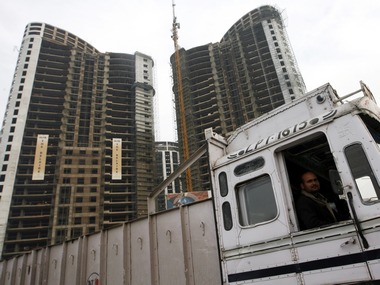)




)
)
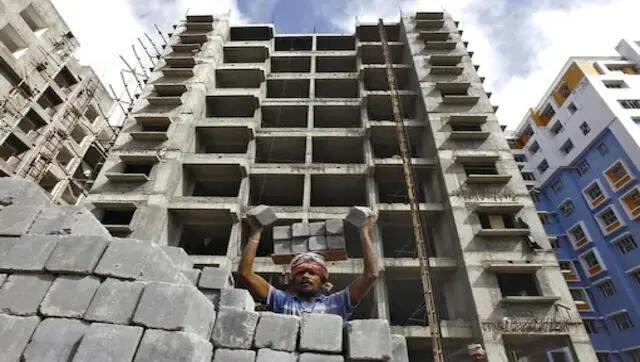)
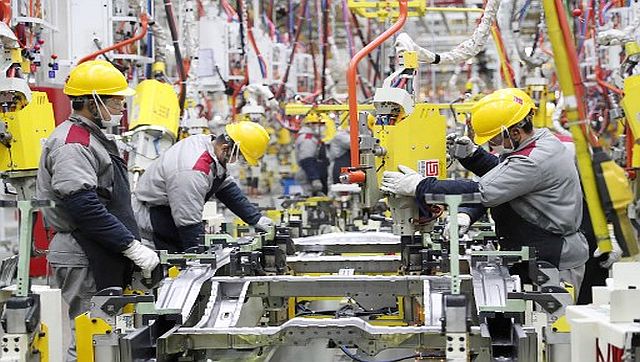)
)
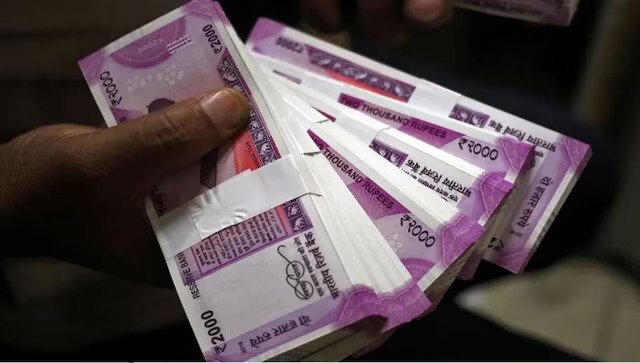)
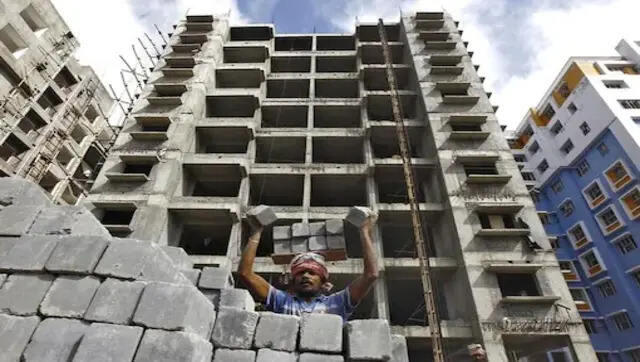)
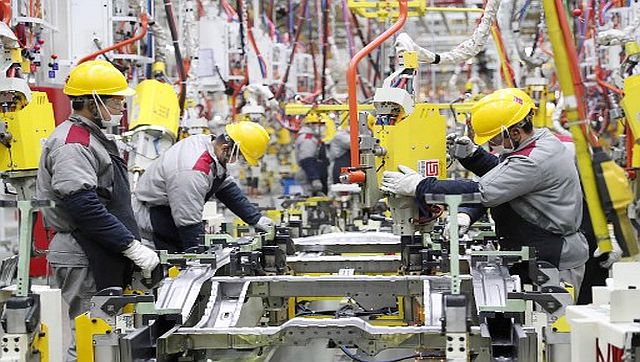)